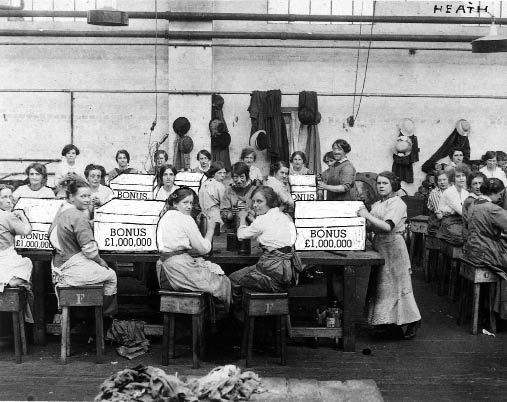Britain technically emerged from recession, with economic growth of 0.1 per cent in the last quarter of 2009, according to figures from the Office for National Statistics, although these might be revised in a month’s time.
Britain technically emerged from recession, with economic growth of 0.1 per cent in the last quarter of 2009, according to figures from the Office for National Statistics, although these might be revised in a month’s time. The previous six quarters of contraction had been the longest such period since 1955. Gross Domestic Product fell by 4.8 per cent last year. The 100 partners of Goldman Sachs based in Britain are having pay and bonuses for 2009 capped at £1 million each; this will not affect executives of the bank who are not partners. Among black people aged 16 to 24, unemployment has risen to 48 per cent, according to a survey by the Institute for Public Policy Research. Mr Gordon Brown, the Prime Minister, and Mr Brian Cowen, the Taoiseach of Ireland, rushed to Hillsborough Castle, Co. Down, when the Democratic Unionists and Sinn Fein would not agree on the devolution of policing powers; Mrs Hillary Clinton, the United States Secretary of State, said she was monitoring talks. On the eve of an international conference on Afghanistan in London, Mr Brown said: ‘Over the long term we can split the Taleban.’ A conference on Yemen the day before lasted two hours. The Supreme Court ruled unlawful Treasury orders freezing the assets of terror suspects.
Kay Gilderdale was cleared of murdering her daughter, Lynn, aged 31, who had long been suffering from myalgic encephalopathy. Mrs Gilderdale was given a conditional discharge after admitting assisting her suicide by giving her sleeping pills, antidepressants and injecting air into her veins after her daughter had injected herself with morphine. The judge said the jury had shown ‘common sense, decency and humanity’. More British people consider themselves Conservative than Labour, for the first time since 1991, according to the annual British Social Attitudes survey. It also showed that 45 per cent of respondents agreed it made ‘no difference to children whether their parents are married to each other or just living together’, and 36 per cent thought sexual relations between two adults of the same sex were ‘always or mostly wrong’ (compared to 62 per cent in 1983). Cabin crew at British Airways began a ballot that runs until 22 February on whether to strike.
President Barack Obama of the United States tailored his State of the Union address to ideas for creating employment and bringing help to the middle classes, with measures such as childcare benefits. He proposed a very limited public-spending freeze. Earlier he had announced bank reforms, which will need congressional approval, including size limits: ‘Never again will the American taxpayer be held hostage by a bank that is too big to fail,’ he said. President René Préval of Haiti appealed for 200,000 more tents to house up to a million people left homeless by the earthquake before the rainy season in May. A man was rescued from the rubble 14 days after the earthquake. The numbers killed were thought to be more than 200,000. The Intergovernmental Panel on Climate Change was found to have included in its influential report published in 2007 the erroneous claim that Himalayan glaciers could melt by 2035. At Machu Picchu in Peru 2,000 tourists were stranded by heavy rains that cut roads and railway lines. A woman taking an art class at the Metropolitan Museum of Art in New York accidentally fell into a 6ft by 4ft Rose-period painting by Picasso, ‘The Actor’, leaving a six-inch tear at one side.
General Stanley McChrystal, the Nato commander in Afghanistan, said that the Taleban would play a part in a peace settlement in Afghanistan: ‘I believe a political solution to all conflicts is the inevitable outcome. And it’s the right outcome,’ he said. Afghanistan postponed elections due on 22 May to 18 September, a move welcomed by Western powers, which had feared fraud. In a one-minute recorded message by Osama bin Laden, broadcast by al-Jazeera, and tagged by him ‘from Osama to Obama’, he said: ‘The message delivered to you through the plane of the heroic warrior Umar Farouk Abdulmutallab was a confirmation of the previous messages sent by the heroes of September 11.’ Ali Hassan al-Majid, nicknamed ‘Chemical Ali’, was hanged after being convicted of capital crimes in 2007, 2008, 2009 and last week; he ordered the gassing of thousands of Kurds in the town of Halabja in 1988. A French parliamentary committee recommended a ban on women wearing Islamic full face-veils in hospitals, schools, government offices and on public transport. The Dalai Lama sent two emissaries to Beijing to resume stalled talks on Tibet that broke down in November 2008. A mountain at Zhangjiajie in Hunan province was renamed after Avatar, the most popular film ever shown for money in China. CSH





Comments